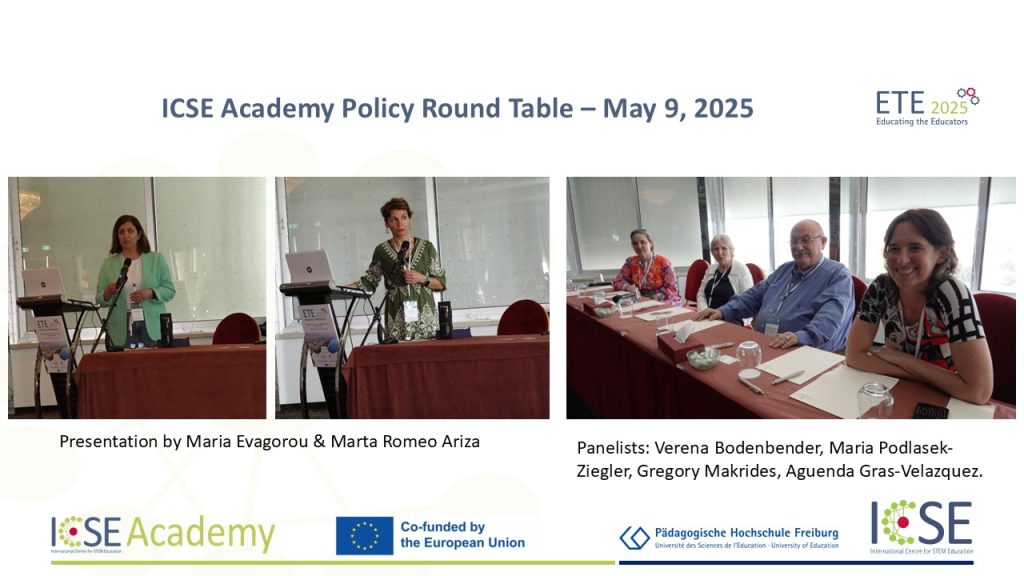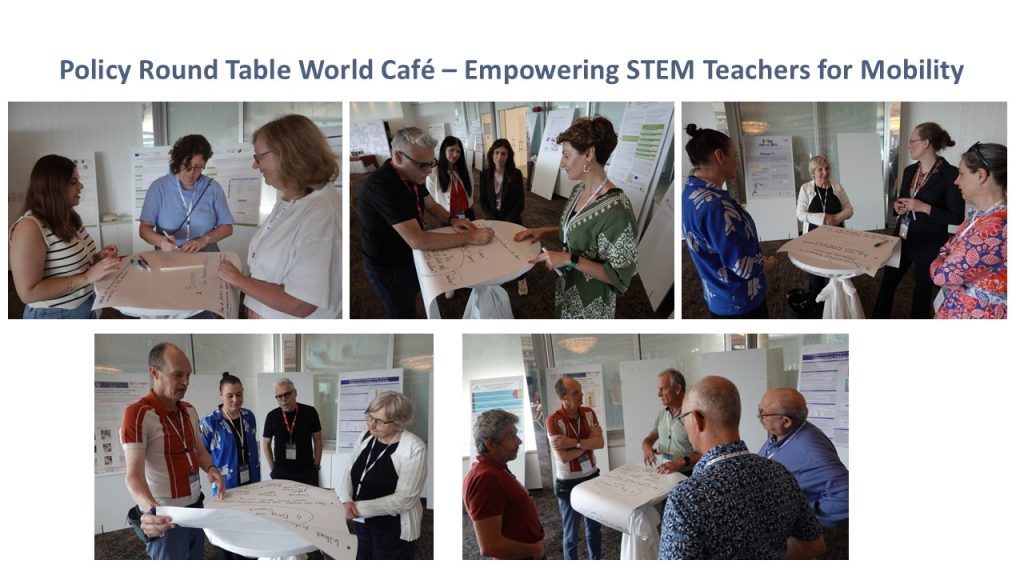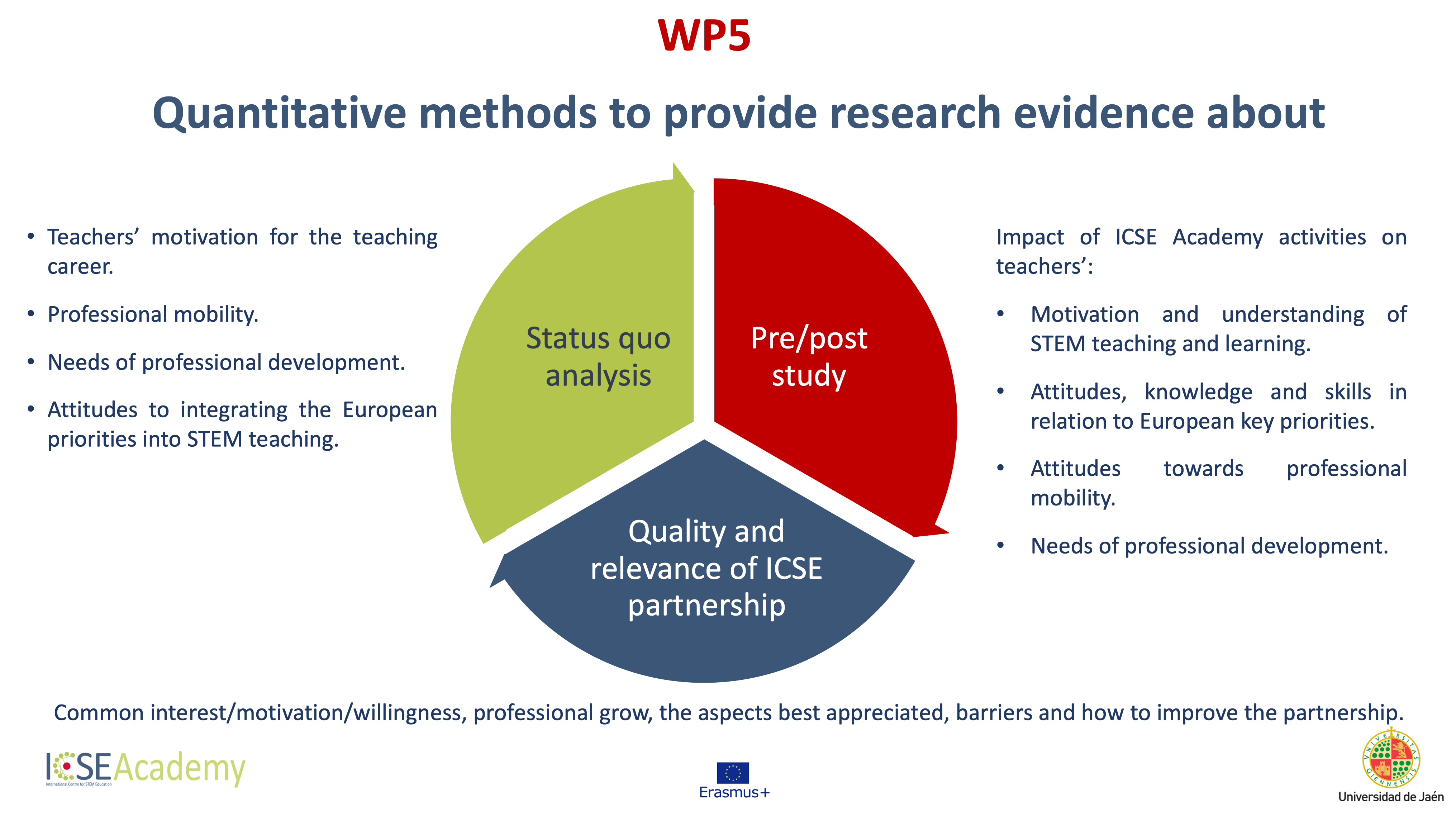Educating the Educators 2025 conference, Friday May 9
ICSE Academy Policy Round Table and World Café on Empowering STEM Teachers for Mobility – Crafting Effective Policies for Future Success.
On May 9, 2025, the final ICSE Academy Policy Round Table took place in Limassol, Cyprus, gathering over 40 stakeholders to discuss how to improve STEM teacher mobility across Europe. The event featured a keynote by Professor Hilda Borko (Stanford University), who introduced a framework for supporting teacher development through collaborative learning. A panel of experts from European institutions explored policy barriers, funding, certification, and the broader impact of mobility on teaching quality. The core of the event was a World Café session, where participants discussed key themes such as institutional support, digital tools, and best practices for mobility.
The closing session showcased successful initiatives like ICSE, STEAME, and SPICE Academies, offering practical models for cross-border collaboration. Key takeaways included the need for better institutional support, recognition of mobility experiences, and the importance of structured programs to make mobility more accessible and impactful. Access the full report here: Report on Policy Round Table 3 (PDF)





